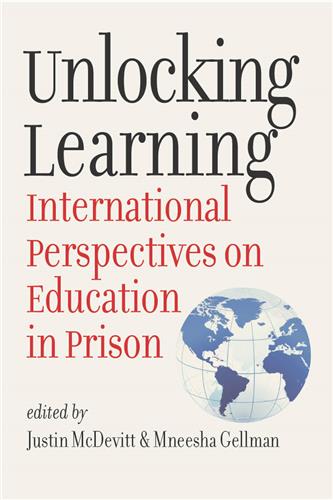An essential practical, theoretical and evidence-informed resource about the question of education in prison. This book offers hope to those jurisdictions mired in high rates of incarceration or challenging environments in prison that other visions for both education and other models of the penal system are not only possible, but already exist.






